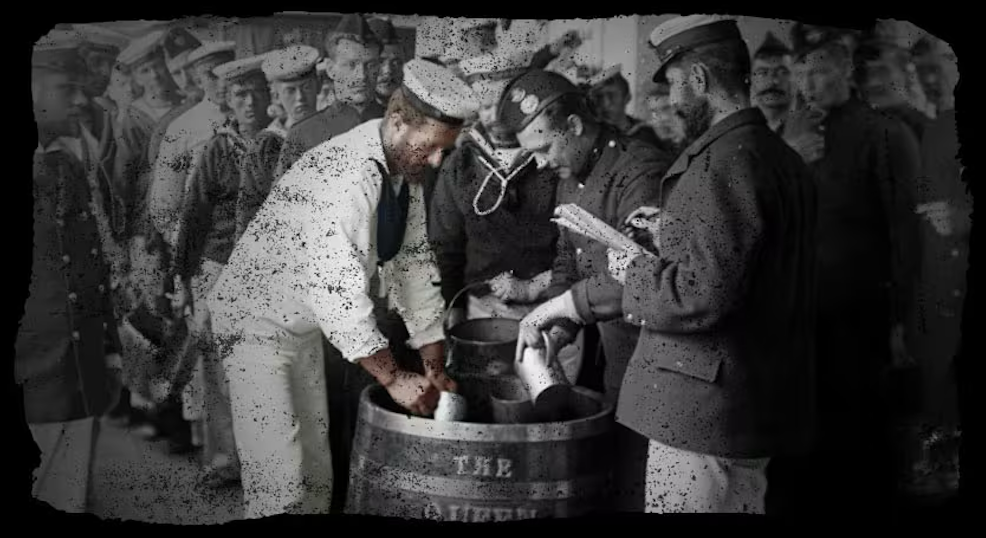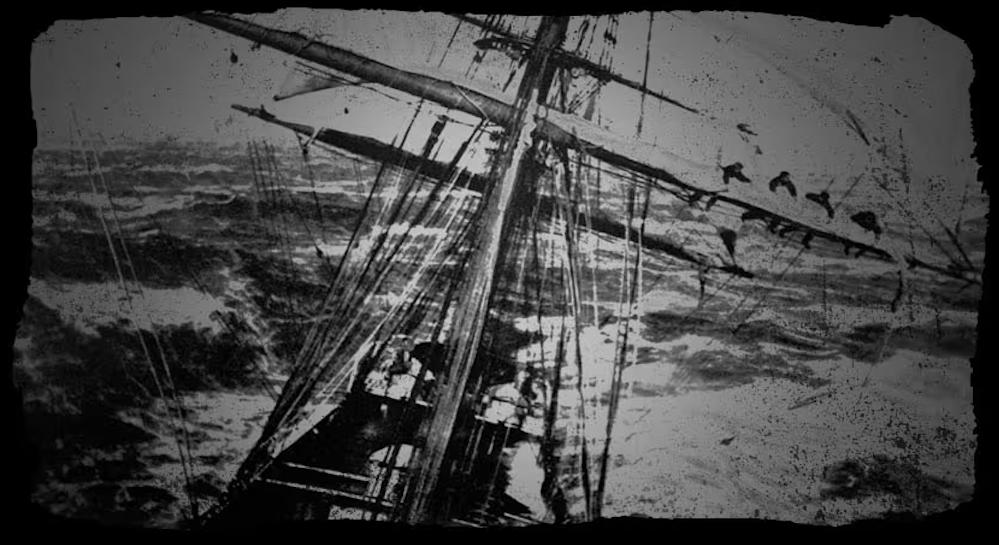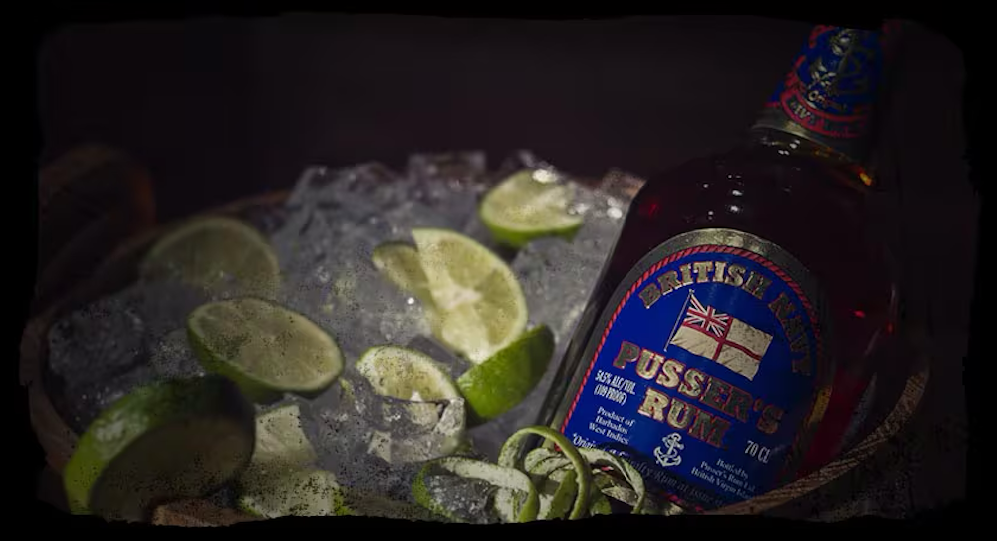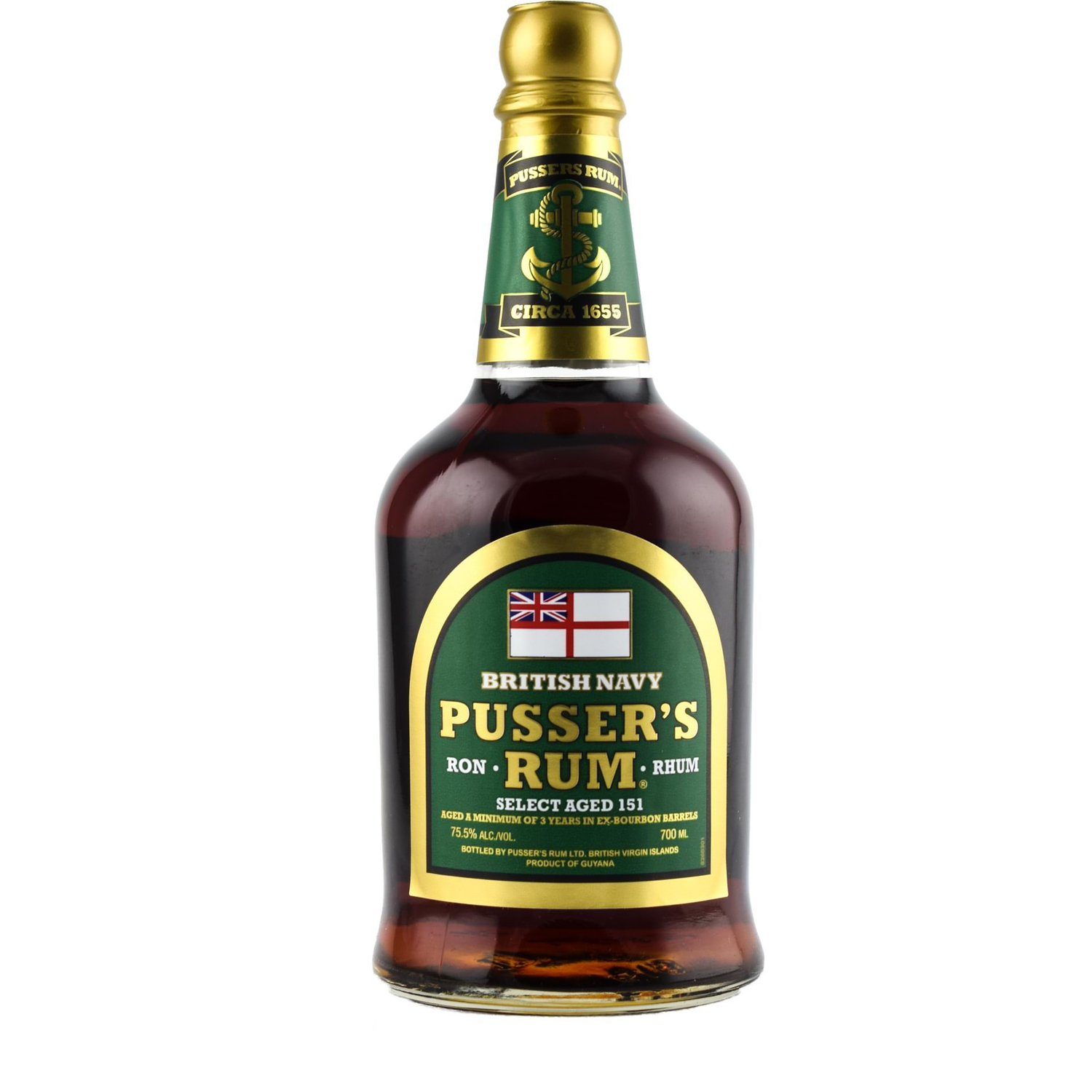Pussers Rum 151 High Strength 75.5% ABV
- Out of stock
- FREE SHIPPING on orders over $499 (Excl. WA & NT)
- Shipping via AUSTRALIA POST
- Secure Checkout & Payments
- 3,000+ Products
- Proudly Offering Route Shipping Protection
| Quantity | Savings |
|---|---|
| Buy 6+ | 3% |
| Buy 12+ | 5% |
The superb rum in this bottle is at "cask strength" as it was shipped to the Royal Navy victualling yards in Deptford, Gosport and Devonport for blending and dilution "to Proof". The blend of rums in this bottle are aged a minimum of three years and produced in accordance with Admiralty regulation for rum in effect at the time of the custom's termination in 1970. the contents in this proprietary blend have been aged a minimum of three years and chill-filtered to further enhance its flavour and smoothness.
Origin: Guyana
Color: Rich chestnut mahogany colour, crystal clear clarity
Nose: the aroma is a burst of classic Demerara with marmalade, marzipan, cinnamon and tobacco
Body: full and very rounded with notes of syrupy spice and fruit, leather dried sultanas and soft oak
Finish: Warm, smooth, long and memorable.
Monthly Special
About Pussers Rum

SINCE THE DAYS OF WOODEN SHIPS AND IRON MEN
To prepare for battle, sailors in wooden ships found revival and salvation in Pusser’s Rum, also enjoying it during their downtime. From the earliest days of the Royal Navy, sailors received a daily "tot" of rum from the ship's "Purser," later called "Pusser."
This tradition rewarded heroism and eased defeat from 1655 to 1970 when higher-ups decided rum was too much fun for the sailors. Whether due to skirmishes, antics, or just sea legs, the Royal Navy likely wanted to keep this secret—and its great taste—to themselves.

BLACK TOT DAY
The history of rum in the Royal Navy marked significant social change. From 1650 through the 18th century, the daily issue of Pusser’s Rum was a highlight amid the hardships of shipboard life. Battles required courage and alertness, unlike modern warfare. In 1970, the Admiralty Board ended the daily rum issue, deeming it unsuitable for a modern navy. On July 31st, 1970, known as Black Tot Day, the last tot of Pusser’s was drunk.
This long-standing tradition ended with sailors raising glasses in a final salute, many shedding tears as they honoured "The Queen" and bid farewell to the old custom.

"SPLICE THE MAIN BRACE!"
Great sailing ships were propelled by wind, with sails attached to spars called yards. The lines to trim the sails, called braces, included the main brace—the largest and heaviest, up to 20 inches in diameter. Splicing it was a challenging task, especially if damaged in battle. Those who “Spliced the Main Brace” received a double rum issue.
After battles, victories, or to reward the crew, the order to “Splice the Main Brace!” meant a double rum issue, signalled by hoisting a flag. Today, saying “Let’s Splice the Main Brace!” is akin to saying “Let’s have a drink!”.

WHAT IS GROG?
This traditional rum drink is part of Pusser’s Rum history. Admiral Vernon, nicknamed "Old Grog," ordered a fair division of prize money among sailors, earning their admiration. Concerned about drunkenness, he diluted their daily rum ration with water to reduce its effects. This order, issued on August 21, 1740, led to the creation of grog: Pusser’s Rum with water, lime juice, and brown cane sugar.
The practice spread throughout the British Fleet, with the grog tub becoming a daily gathering spot. Over time, the term "scuttlebutt" evolved to mean gossip, originating from sailors' habit of exchanging rumours while waiting for their grog.

